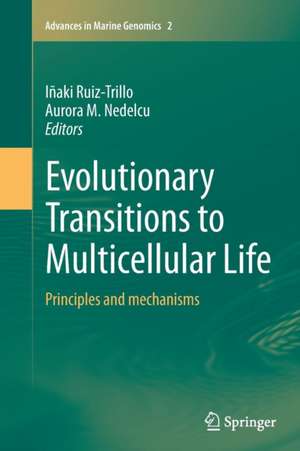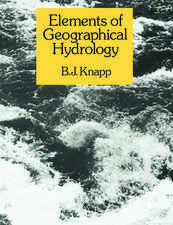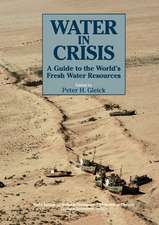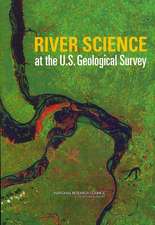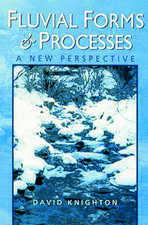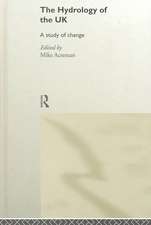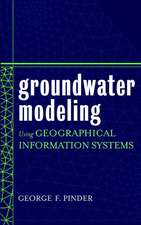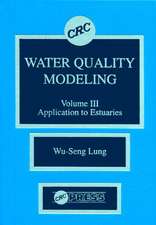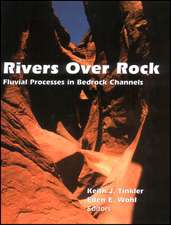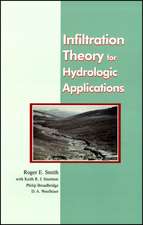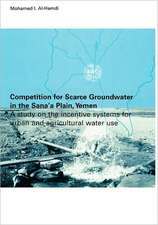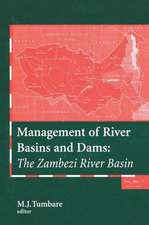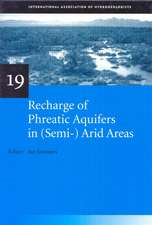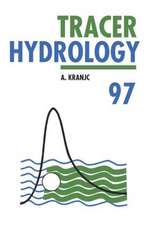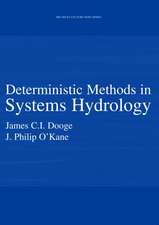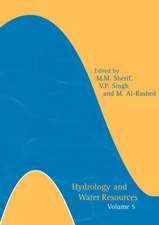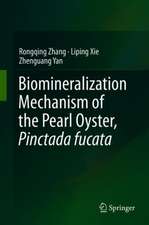Evolutionary Transitions to Multicellular Life: Principles and mechanisms: Advances in Marine Genomics, cartea 2
Editat de Iñaki Ruiz-Trillo, Aurora M. Nedelcuen Limba Engleză Paperback – 9 oct 2016
| Toate formatele și edițiile | Preț | Express |
|---|---|---|
| Paperback (1) | 650.69 lei 6-8 săpt. | |
| SPRINGER NETHERLANDS – 9 oct 2016 | 650.69 lei 6-8 săpt. | |
| Hardback (1) | 657.25 lei 6-8 săpt. | |
| SPRINGER NETHERLANDS – 9 apr 2015 | 657.25 lei 6-8 săpt. |
Preț: 650.69 lei
Preț vechi: 765.51 lei
-15% Nou
Puncte Express: 976
Preț estimativ în valută:
124.51€ • 129.74$ • 103.09£
124.51€ • 129.74$ • 103.09£
Carte tipărită la comandă
Livrare economică 03-17 aprilie
Preluare comenzi: 021 569.72.76
Specificații
ISBN-13: 9789402403596
ISBN-10: 9402403590
Pagini: 505
Ilustrații: XVI, 489 p. 80 illus., 40 illus. in color.
Dimensiuni: 155 x 235 x 26 mm
Greutate: 0.7 kg
Ediția:Softcover reprint of the original 1st ed. 2015
Editura: SPRINGER NETHERLANDS
Colecția Springer
Seria Advances in Marine Genomics
Locul publicării:Dordrecht, Netherlands
ISBN-10: 9402403590
Pagini: 505
Ilustrații: XVI, 489 p. 80 illus., 40 illus. in color.
Dimensiuni: 155 x 235 x 26 mm
Greutate: 0.7 kg
Ediția:Softcover reprint of the original 1st ed. 2015
Editura: SPRINGER NETHERLANDS
Colecția Springer
Seria Advances in Marine Genomics
Locul publicării:Dordrecht, Netherlands
Cuprins
Part 1: Multicellularity in the tree of life.- Part 2. Model-systems.- Part 3: Theoretical approaches.- Part 4: Genomics insights.- Part 5: Molecular mechanisms.
Recenzii
“This volume includes 22 articles organized into five parts describing: research aimed at locating examples of multicellularity in the Tree of Life; model multicellulars; different theoretical approaches to multicellularity; insights from comparative genomics; and insights from research into molecular mechanisms underlying multicellularity. … the collection provides a comprehensive explanation for why there are no simple answers to when multicellularity first appeared, how many times it appeared, or why and how.” (Ellen Clarke, The Quarterly Review of Biology, Vol. 91 (3), September, 2016)
“The chapters effectively lead readers through the evidence for multicellularity in the ToL, discuss models systems in depth (especially algae and the choanoflagellates, the latter leading to animal multicellularity), present theoretical approaches, discuss insights from comparative genomic analyses, and summarize understanding of the molecular mechanisms involved. … The book is especially valuable for researchers in or planning to enter the field who seek integrative and novel systems and approaches. … Summing Up: Highly recommended. Graduate students, researchers/faculty, and professionals/practitioners.” (B. K. Hall, Choice, Vol. 53 (2), October, 2015)
“The chapters effectively lead readers through the evidence for multicellularity in the ToL, discuss models systems in depth (especially algae and the choanoflagellates, the latter leading to animal multicellularity), present theoretical approaches, discuss insights from comparative genomic analyses, and summarize understanding of the molecular mechanisms involved. … The book is especially valuable for researchers in or planning to enter the field who seek integrative and novel systems and approaches. … Summing Up: Highly recommended. Graduate students, researchers/faculty, and professionals/practitioners.” (B. K. Hall, Choice, Vol. 53 (2), October, 2015)
Notă biografică
Iñaki Ruiz-Trillo is an ICREA Research Professor at the Institut de Biologia Evolutiva (CSIC-UPF) in Barcelona. His educational background includes a B.S. in Biology from the University of Barcelona. He earned a Ph.D. in Biology from the University of Barcelona and completed a post-doctoral fellowship at the Dalhousie University (Canada). His current research interests include the study of the molecular mechanisms involved in the origin of multicellular animals, the analysis of genomes of different protists, the study of higher phylogenetic relationships of eukaryotes, and the understanding of the genetic repertoire of the last eukaryotic common ancestor.
Aurora M. Nedelcu is a Professor in the Department of Biology at the University of New Brunswick (Fredericton, Canada). She also holds an Adjunct position in the Department of Ecology and Evolutionary Biology (EEB) at the University of Arizona (Tucson, USA) and is an External Faculty in the Center for Evolutionand Cancer at the University of California San Francisco (USA). She received a BSc in Biology from ³Babes-Bolyai² University (Cluj, Romania), and a PhD in Biology from Dalhousie University Halifax, Canada). She completed her postdoctoral training in the Organelle Genome Mega sequencing Lab at the Universite de Montreal and in the EEB Department at the University of Arizona. Her current research interests include understanding the principles and mechanisms involved in the evolution of complexity, multicellularity, cell differentiation, altruism, programmed cell death, and cancer.
Aurora M. Nedelcu is a Professor in the Department of Biology at the University of New Brunswick (Fredericton, Canada). She also holds an Adjunct position in the Department of Ecology and Evolutionary Biology (EEB) at the University of Arizona (Tucson, USA) and is an External Faculty in the Center for Evolutionand Cancer at the University of California San Francisco (USA). She received a BSc in Biology from ³Babes-Bolyai² University (Cluj, Romania), and a PhD in Biology from Dalhousie University Halifax, Canada). She completed her postdoctoral training in the Organelle Genome Mega sequencing Lab at the Universite de Montreal and in the EEB Department at the University of Arizona. Her current research interests include understanding the principles and mechanisms involved in the evolution of complexity, multicellularity, cell differentiation, altruism, programmed cell death, and cancer.
Textul de pe ultima copertă
The book integrates our understanding of the factors and processes underlying the evolution of multicellularity by providing several complementary perspectives (both theoretical and experimental) and using examples from various lineages in which multicellularity evolved. Recent years marked an increased interest in understanding how and why these transitions occurred, and data from various fields are providing new insights into the forces driving the several independent transitions to multicellular life as well as into the genetic and molecular basis for the evolution of this phenotype. The ultimate goal of this book is to facilitate the identification of general and unifying principles and mechanisms.
Caracteristici
Broadens our perspective on a major evolutionary innovation (the origin of multicellularity) Summarizes the latest research and theories on how and why multicellularity evolved Discusses different types of multicellularity and model-systems, and describes different approaches currently used to understand the evolution of multicellularity Includes supplementary material: sn.pub/extras
